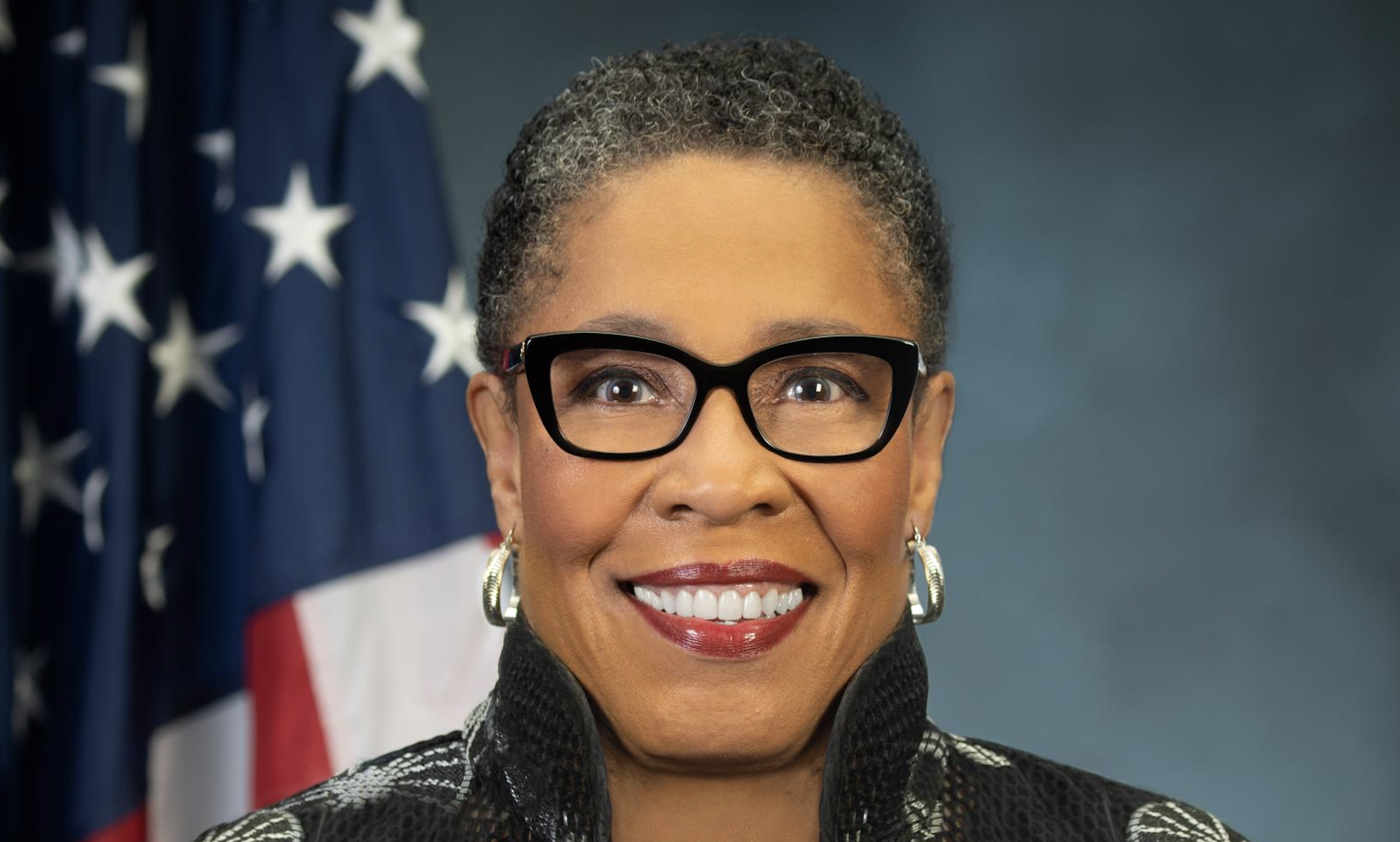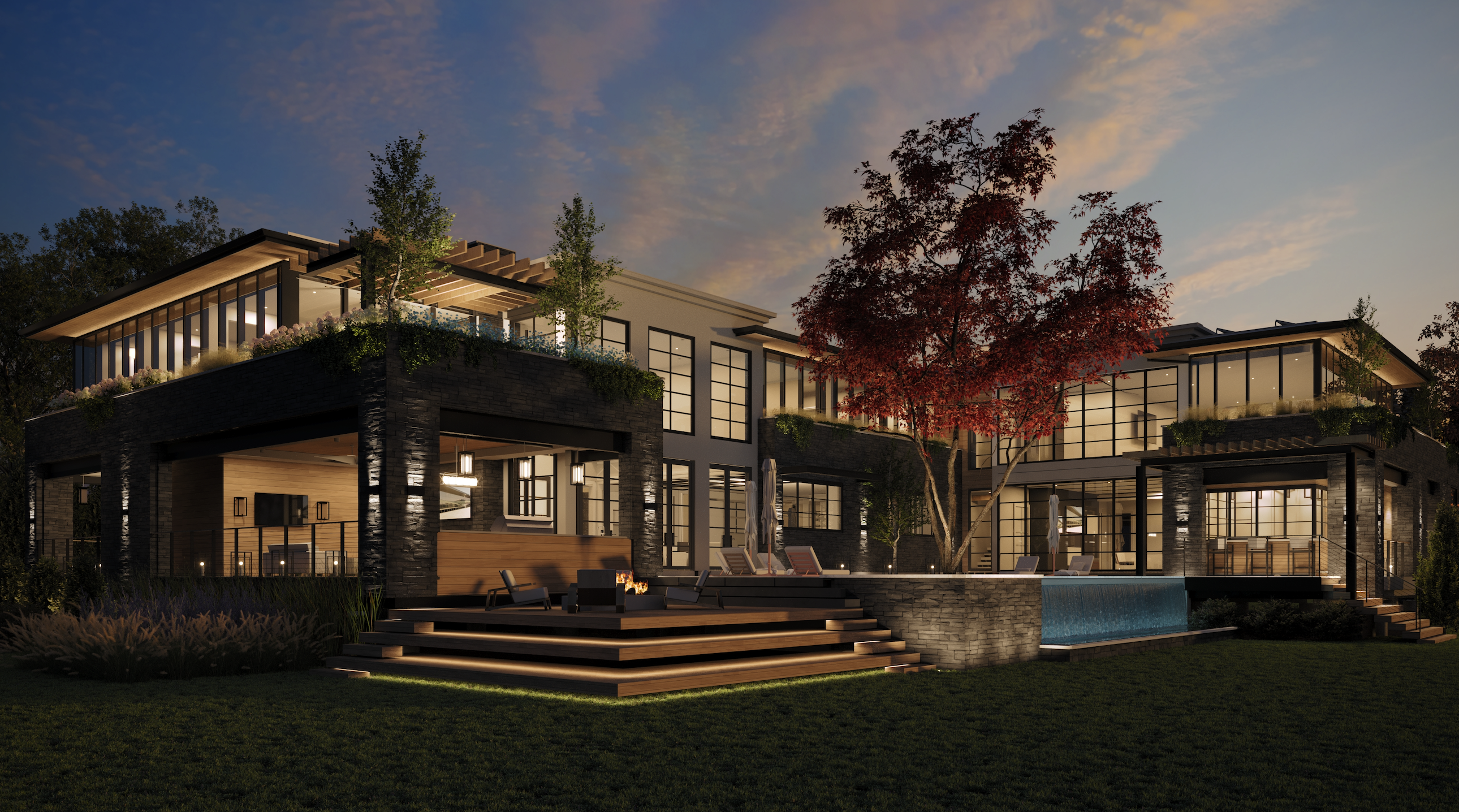Many in the seniors housing industry thought it only logical that, as the baby boomers aged and the children left home, their next move would be to active adult communities. There was much ado about those communities gearing up for the retiring droves - but the droves never came.
What did come were dozens of questions, the most important of which was: Why?
There are 30 million boomers between the ages of 47 and 58. (We call them nexers because they are the next generation of prospects for active adult housing.) They are now at the age to be in the market for what we would traditionally consider retirement housing, so why haven't they budged? The nexers have left this industry asking itself:
- Why is this group so different?
- Where do we go from here?
- What do we have to do to get them into our homes and our communities?
- What do we have to plan for?
- What do we have to build?
We set out to develop an understanding of nexer thinking - their visions for their future housing - by underwriting an ongoing series of in-depth focus groups with leading-edge boomers. We engaged Myril Axelrod to plan and conduct the research. Axelrod is a veteran qualitative researcher with years of experience with NAHB's Senior Housing Council and a good track record of spotting trends.
During the first phase of the project, we held in-depth focus group discussions with men and women between the ages of 47 and 58. We planned our groups so that in each area we could separately explore the experiences and viewpoints of two groups:
- professional and executive level, upscale, higher income; and
- "middle" in income, job level, and sociological background.
We learned that there are very clear and distinct idiosyncratic differences in how nexers view their future. These variations depend on cultural influences and the current economic situation in their areas.
Nexers Nuggets
The baby boomers/nexers, the children of Depression era parents, were born in the years following World War II. By that time, the Depression was over, the war was over, the economy had begun to soar and essentially, it was all about them. Nobody believed that more than the boomers themselves - hence, the "Me" generation.
They also are known as the "immediate gratification generation." They must have whatever they want now, and, grossly different from their parents, they have no qualms about doing it on credit.
We also must recognize that this generation is on a different timetable than those that came before. Nexers took longer to "find" themselves, start careers, marry and begin families. Many didn't have children until they were in their 30s. There also were more divorces and second marriages than ever before with, again, children born later in their lives.
It was a considerable surprise to find how widely the nexers believe their future plans are contingent on what is happening with their children. Knowing the extent to which this generation always has been involved primarily with themselves and their own gratification, we did not expect they would put so much emphasis on family. From many years of work with the senior housing business, we know that family and children always have been a primary focus in the lives of previous generations. The need to live in close proximity to their children has, in fact, been the key reason for the impressive success of the close-to-home active adult communities.
We had no idea it also could be a key element in the next-step plans of the boomers. This and the reality of their own poor money management skills - in the face of rapidly rising college tuitions and health-care costs - clearly has many nexers worried. They're willing to put off, at least for now, any decisions about their next move.
Won't Stop 'Til They Drop
It also is clear that nexers are not going to be coming into next-step housing in one big wave or at one specific time, as previous generations did. Being retired from their jobs to begin lives of leisure is not the way they think. They may retire from their present jobs when they reach retirement age, but almost to a person, they see that as only an opportunity to go on to some other career or some other kind of work.
Middle-income nexers, frightened by the escalating cost of living, also are convinced they will have to continue working at another job to have sufficient income: "I think most of us in the middle class will probably end up just continuously working... doing something... bringing some income in."
Much of the nexer thinking about retirement has to do with their own self-image of being forever young and with their conviction, "I'm going to work until I drop because that's the only thing that keeps me mentally alive." Nonetheless, the demographic realities support their insistence that they still have a lot of living - and working - to do.
'Nex' Appeal
Faced with all these obstacles, one has to wonder if it is going to be possible to bring nexers into a community setting at all. The answer, we feel, is yes. What it will take is a new paradigm:
- New communities or pods in developments planned and built to give nexers what they are looking for. We are not advocating that these new communities be labeled as boomer communities. (Nexers would define that as discrimination.) However, we are aiming to develop a paradigm to motivate this generation, productwise and imagewise.
This is what we know and what we will be further exploring through our research:
- Responsibility-free. If anything is going to get the nexers into communities, it will be the appeal of being free from all their responsibilities to the home. This generation believes their lives are so hectic and demanding, they no longer want to spend the amount of time necessary to maintain a house. Especially now, as they move on to a new phase of their lives, they want someone else to take care of all those chores, so they can give all of their time to their new careers and interests. They clearly recognize that being in a maintenance-included community, with all kinds of available backup services, is the best way to do that.
- Everything right there. Another appeal of community living for the nexers is the possibility of having virtually everything they need and want right at hand, so they can avoid the long and trying hours spent driving to restaurants, theaters, bars, coffee shops and convenience stores, et al. They feel their lives have become so pressured and so demanding, they welcome the idea of a community that could provide these kinds of services right where they live.
They also think longingly of the small towns where they grew up, and they talk over and over about wanting to simplify their lives and to recapture some of the warmth and camaraderie of their hometown experiences.
- All primary living on the ground floor. Even though nexers believe they are never going to be old, they recognize it might be wise to cut back on stairs even now. Having been an especially athletic generation (runners, walkers and health club-goers), some already have experienced knee and other physical problems. These ailments have made them more inclined to keep all primary living on the ground floor. Upstairs space for guests, an office or workroom or an area not used every day is fine. However, the master bedroom needs to be on the main floor.
- Living large with fewer rooms and more open space. Nexers want to streamline their living spaces by getting rid of rooms they rarely use. They want key rooms to be bigger and more comfortable. Most are not considering downsizing much in terms of square footage. They want about the same square footage (about 3,000 for high-income nexers and roughly 2,000 for middle-income), but they want that space used more efficiently by having fewer, larger rooms. They also desire fewer walls to create a feeling of openness throughout the house. With this in mind, nexers also show interest in having a large great room located off an open kitchen, so they can easily entertain friends and family.
What's 'Nex'?
The first phase of our research revealed the nexers' mindset. During the next phase, we will travel to the same four markets - Philadelphia/Southern New Jersey, Washington, Raleigh, N.C. and Chicago - to try to understand where they are going. We will show the participants actual floor plans we have developed, based on what we heard about how they want to live in and use the home - one set of plans for the upscale buyer; another for the middle-income buyer. We also will discuss a variety of images and land plans that reflect community formats and environments that seem, from what we know so far, to appeal to nexers.
We are excited about this progress and will keep you updated with several forthcoming articles in GIANTS.
Bill Feinberg is president of Feinberg & Associates, PC., a multi-disciplined architecture, site design and interior merchandising firm. Feinberg's market-based style of design places a great emphasis on the demographics of the market for which the community is being planned. Feinberg is a member of the Urban Land Institute and the NAHB's Sales & Marketing Council. He is a trustee of the Seniors' Housing Council and a member of several local HBAs. For more information, he can be reached at (856) 782-0100.
Related Stories
Custom Builder
HUD Secretary Marcia Fudge Announces Forthcoming Resignation
U.S. Department of Housing and Urban Development Secretary Marcia Fudge has said that she intends to leave office later this month
Custom Builder
Floodproof on a Floodplain
An impressive addition to the IDEA Home series, the NEWLOOK Experience Home is a master class in engineering and creative design, with builder Michael Freiburger out-thinking an exceptionally tricky lot
Custom Builder
Why Start a Custom Building Business?
In this Taking Care of Business segment, expert coach and trainer Scott Beebe joins our host Duane Johns to talk about where custom builders could be getting off on the wrong foot
Custom Builder
3 Questions Answered About Reliable Energy in Home Construction
Energy expert Bryan Cordill makes a case for why and how propane is an answer to growing concerns about reliability and resilience in home construction
Business
Custom Builder to Talk Color Design with Becki Owens at IBS
At this year's IBS, renowned designer Becki Owens will sit down with host James McClister, editor of Custom Builder, to discuss a variety of topics from basic color play in design to the Allura Spectrum palette, a collection of Sherwin-Williams colors curated for the benefit of pros
Business
PERC Highlights Sustainability and Efficiency at IBS with 'Clean Build Conversations'
Hear from industry standouts Matt Blashaw and Anthony Carrino at this hour-long Show Village event
Business
The Five Foundational Cornerstones
Business coach Scott Beebe shares insights into the often ignored business basics that could be the difference between long-term success and failure
Custom Builder
Start With the Why: Fundamentals of the Custom Builder Business
In our inaugural episode of Taking Care of Business, host and custom builder Duane Johns sits down with Scott Beebe, head coach and founder of My Business on Purpose, to talk vision, purpose, mission, values, and more
Business
Why AI Is Now Key to Our Trade Partner Strategy
Thompson Custom Homes Business Manager Erin Day explains how AI became a crucial part of building and maintaining successful trade partner relationships
Business
Thriving in 2024: Tips for Succeeding in an Uncertain Environment
Author and sales expert Mark Richardson shares his insights on the industry and how to rethink your approach to success in the new year












